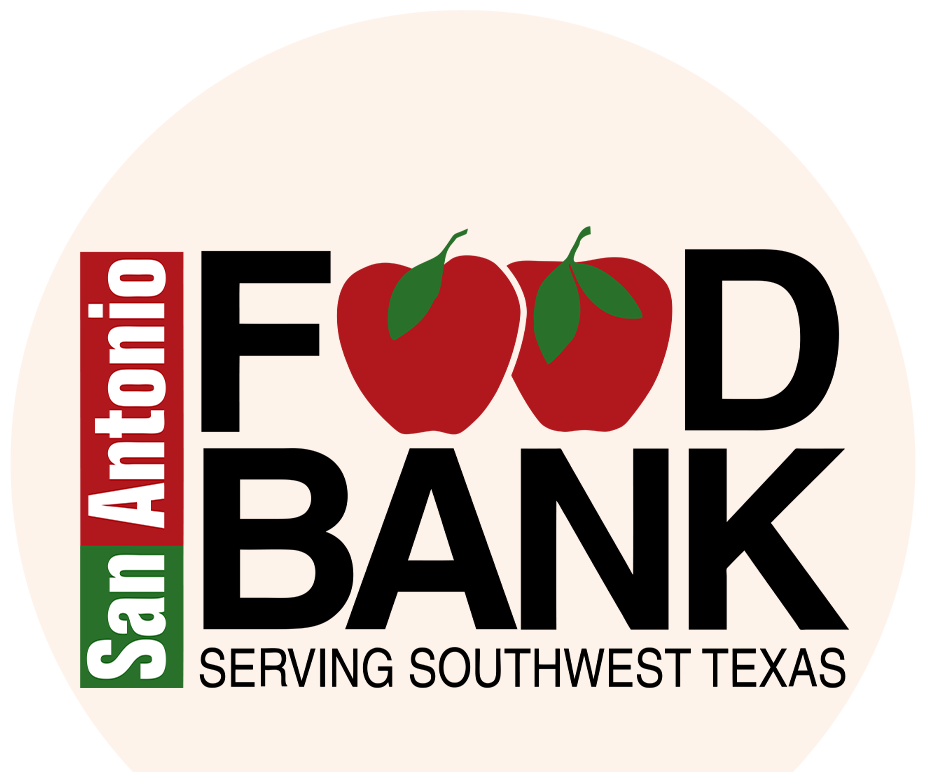OB Pre-Natal Care
Weeks 36 - 37
In the months and weeks leading up to delivery, you will want to develop a birth plan with your health care provider that maps out the type of birth experience you want. If you have not developed a birth plan yet, check out the Family Engagement Activity to get you started. Part of that plan is deciding how you will feed your newborn in the first few hours after birth. Skin-to-skin contact within the first hour can signal your body to produce breastmilk while also creating a lasting bond with your baby.
Developmental Milestones
- My Baby: At 37 weeks, they weigh around 6.5 pounds and measure about 19 inches long. They can inhale and exhale amniotic fluid, suck on their thumb, and blink their eyes, all to prepare for life outside of the womb.
- My Body: You may notice your baby dropping lower into your pelvis. This is commonly known as “lightening” and can also make you go to the restroom more often and can make it easier to take deeper breaths.

Nutrition Needs
Benefits of Breastfeeding
Research has shown that breastfeeding provides benefits for both moms and their babies. Mothers who breastfeed experience a reduced risk of high blood pressure, Type 2 diabetes, and ovarian and breast cancers. Babies who are breastfed have a reduced risk of developing asthma, diabetes, severe lower respiratory disease, ear infections, and even upset stomachs that lead to diarrhea and vomiting. Breastfeeding not only helps to nourish your baby, but it also develops a lasting bond between you and your child. These deep connections can also be made and felt by partners as well. Partners who cuddle with the breastfeeding dyad during these special moments can also have a release of oxytocin or the special hormone that helps to develop deep connections with others.
Nutrients for Breastfeeding
Essential nutrients that increase during lactation are iodine, choline, and vitamin A.
-
- Iodine is a trace mineral needed to make thyroid hormones, which regulate many metabolic activities, especially for bone and brain development in infants. Iodine intake increases from 150 mcg needed for women before pregnancy to 220 mcg during pregnancy and continues to increase to 290 mcg for breastfeeding women. Common sources of iodine are tuna, Greek yogurt, eggs, seaweed, and iodized salt.
- Choline is needed to regulate memory, mood, and muscle control. This micronutrient can pass through your breastmilk and help you maintain your immune system healthy. Eating more dairy, eggs, beans, brussels sprouts, broccoli, and cauliflower are all great ways to increase your choline intake.
- Vitamin A is a fat-soluble vitamin that is best absorbed with a source of fat in your diet and can be stored in your liver and fat tissues. Vitamin A requirements increase from about 770 RAE* a day to about 1300 RAE during breastfeeding because it is used to support your growing baby and is transferred through your breast milk.7 Vitamin A-rich foods include sweet potatoes, spinach, carrots, Vitamin A-fortified milk, and eggs.
-
- *RAE = Retinol Activity Equivalents is a standardized unit used for different forms of vitamin A.
-
- Prenatal vitamins usually contain these vitamins listed here and others, like folic acid and iron, to support your body during recovery and breastfeeding. It is important to continue taking your prenatal vitamins up to six months after you deliver. Talk with your healthcare provider to ensure your prenatal vitamins meet your needs.
Hydration
Hydration needs increase from 3 liters of water a day during pregnancy to about 4 liters, 16 cups, or 128oz of water while breastfeeding. Drinking more water does not increase how much milk you produce but can ensure you are hydrated enough to create breast milk. Staying hydrated can also regulate your body temperature and help to improve your sleep quality and mood. You can meet these increased fluid needs through the beverages you drink and the foods you eat.
-
-
- The best options for fluids while breastfeeding are no-calorie options like regular or sparkling water. Low-calorie options like low-fat cow’s milk or watered-down 100% fruit juices also provide the fluids you need.
- Foods with high water content, including cucumbers, iceberg lettuce, tomatoes, strawberries, watermelon, celery, peaches, and zucchini, are great sources of water you can get from the foods you eat.
-
Consider keeping a reusable water bottle with a straw or lid to drink from throughout the day. Take sips regularly and create a habit of taking a drink of water before, during, and after each breastfeeding session.
Recommended Recipes

Family Engagement Activity
If you have not already, talk with your partner and healthcare provider to help you develop a birth plan. A birth plan is a written statement that includes what you would like to happen before, during, and after delivery. Specific topics to include on your birth plan are:
-
- Your name and your family or partner’s name,
- Names of your healthcare team,
- Types of pain management you prefer, such as food, beverages, medications, or music,
- If you want skin-to-skin contact with your baby after delivery,
- Type of feeding you want for your baby (breast, bottle, or both).
Click below for a sample plan from the American College of Obstetricians and Gynecologists to get you started.
Caregiver's Corner
Three Stages of Breastmilk
Lisa Hoffmann, a Registered Nurse and Lactation Consultant at CHRISTUS Children’s, talks about the three stages of breastmilk and the additional benefits breastmilk provides your baby. Throughout breastfeeding, your body goes through three different stages of producing milk to meet your baby’s nutritional needs.
-
- Colostrum is the “first milk” that your body produces and lasts up to 2 to 3 days after you deliver. It usually has a yellowish color and can start to leak from your breasts before you give birth.
- Transition milk is the type of milk that you produce within 3 to 5 days after birth. It can be a milky orange and white color.
- Mature milk is the milk that comes 10-14 days after delivery. It is a white, thin liquid that resembles skim milk you find at the grocery store.
Changes in Breastmilk
During each breastfeeding session, your milk will also change to meet your baby’s needs best.
-
- Foremilk is the milk that your breast first produces at the beginning of a feeding session. This type of milk is often watery and higher in carbohydrates.
- As the breastfeeding session continues, you will start to release milk that is higher in fat content. This is often referred to as the hindmilk.
Lactation Consultant
At the hospital, you will have access to a lactation consultant. A lactation consultant is a trained and certified health professional that can help you navigate the challenges of breastfeeding. These individuals can answer your questions and prepare you for success if you choose to breastfeed.





